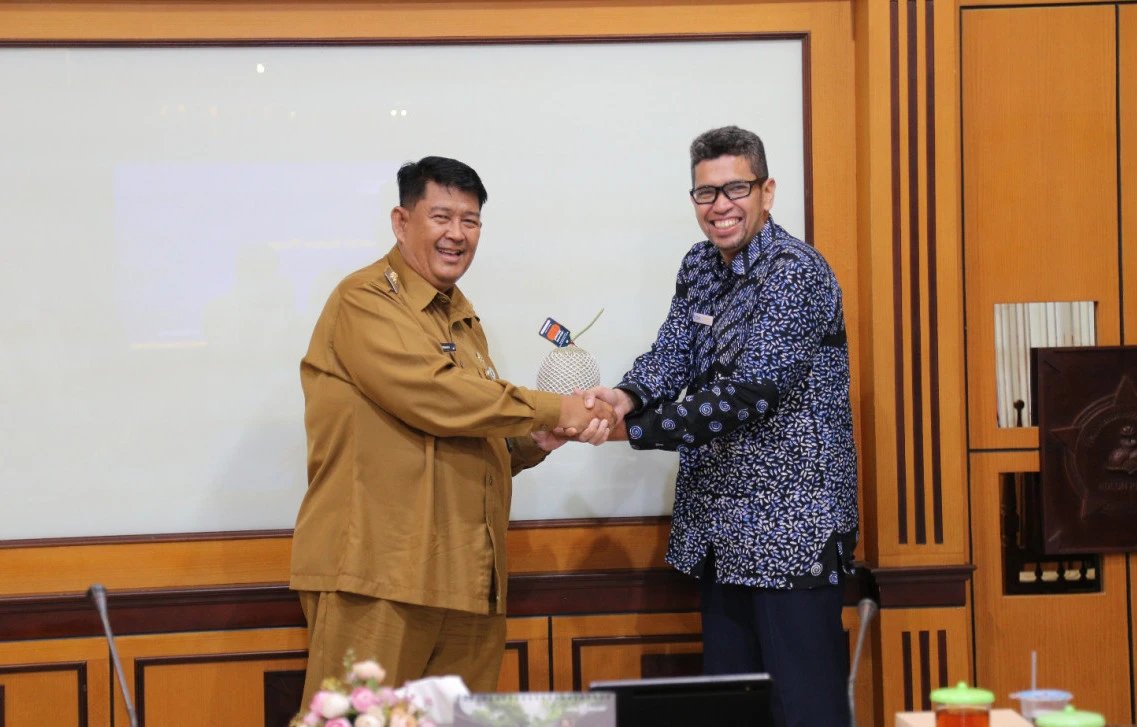Universitas Gadjah Mada (UGM) has initiated a transformative agricultural project in collaboration with the Kulon Progo Regency Government, focusing on the cultivation of premium melons. This initiative aims to enhance the local economy, promote sustainable farming practices, and position Kulon Progo as a hub for high-quality melon production.
Strategic Collaboration Between UGM and Kulon Progo Government
On May 5, 2025, UGM's Director of Research, Prof. Dr. Mirwan Ushada, met with Kulon Progo Regent Dr. Agung Setiawan to discuss the development of premium melon cultivation in the region. The collaboration emphasizes the role of research in driving regional advancement, with plans to implement greenhouse-based agriculture and develop local superior commodities. This partnership reflects UGM's mission to apply academic research for tangible community benefits.
Implementing Greenhouse Technology for Melon Cultivation
The project involves establishing a pilot program at UGM's Field Research Center (FRC) to cultivate premium melons using greenhouse technology. This method offers controlled environmental conditions, leading to improved fruit quality and yield. The initiative also includes training local farmers in greenhouse farming techniques, post-harvest handling, and marketing strategies to ensure the sustainability and profitability of melon cultivation in Kulon Progo.
H2: Expanding Agricultural Innovation and Economic Impact
Beyond melon cultivation, the collaboration explores the potential development of other strategic commodities such as grouper fish, Omega-3 eggs, coffee, cocoa, vanilla, coconut, and durian. The project also considers utilizing aerotropolis land for modern agriculture, pending further studies on the impact of greenhouse reflections on flight safety. These efforts aim to diversify the local economy, enhance food security, and promote sustainable agricultural practices in Kulon Progo.
Conclusion
The UGM premium melon cultivation project represents a significant step toward modernizing agriculture in Kulon Progo. Through strategic collaboration, innovative farming techniques, and community engagement, the initiative seeks to improve local livelihoods, stimulate economic growth, and serve as a model for sustainable agricultural development in Indonesia.
Read More






 Wednesday, 04-02-26
Wednesday, 04-02-26







